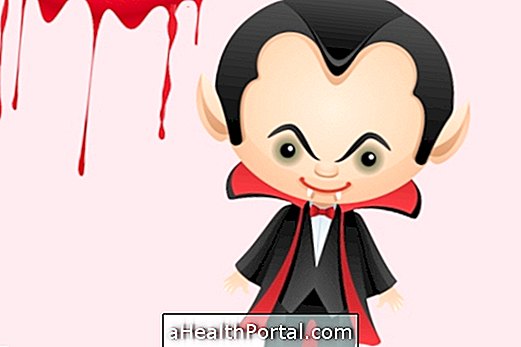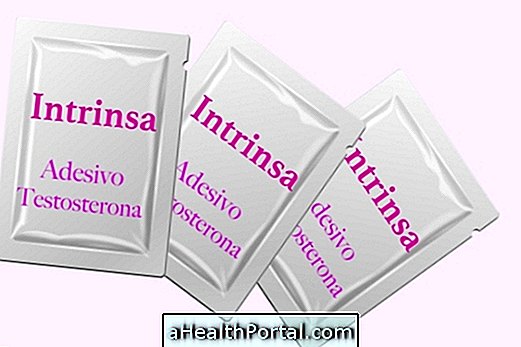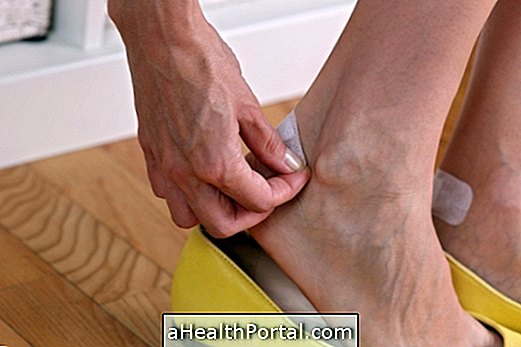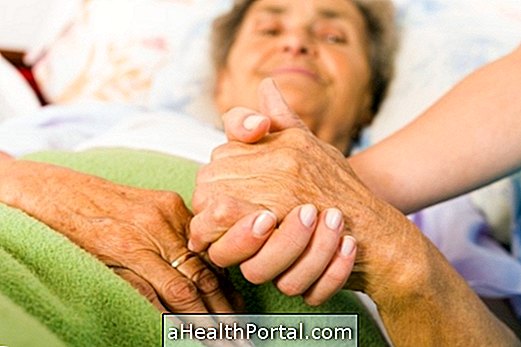The opiaphobia is the exaggerated fear of idleness, being characterized by an intense anxiety that arises when there is a moment of boredom. This feeling happens when you go through a period without chores, such as standing in line at a supermarket, being in traffic or even taking a vacation, for example.
This psychological change has been defended by several professionals, as it is a current illness, since people are being exposed to stimuli, mainly coming from the internet, television and video games, which happens more and more each day, throughout life.
Other professionals have argued that this is another form of generalized anxiety expression, a disease that causes exaggerated worry and apprehensive expectation. Whatever the exact cause of this event, it is known that it is serious and should be treated with psychotherapy and medications to control anxiety, with the psychiatrist's guidance, as it can worsen and cause depression and panic syndrome, for example.

What causes opiophobia
Any phobia is an exaggerated feeling of fear or aversion to something, such as the fear of a spider, called arachnophobia, or the fear of enclosed places, called claustrophobia, for example. Opiophobia arises when there is the intense fear of "doing nothing, " or when the stimuli that the world offers do not matter, which causes a lot of anxiety.
This is probably because people are overly stimulated with information, activities and chores from an early age, and when they go through a period without activities, they develop a sense of restlessness and lack of tranquility.
Thus, it can be said that the accelerated way of life that people have taken causes a compulsion by sources of entertainment, which generates a repulsion to moments of tranquility and monotony. The internet and television are some of the big ones responsible for these feelings, since they offer an excess of instant gratification and prompt information that do not stimulate reasoning.
Main symptoms
The main symptoms that a person with Opiophobia presents are anxiety, anguish, and a sense of fear. Anxiety to come accompanied by other symptoms such as tremors, intense sweating, cold hands, fast heartbeat, restlessness, tiredness, difficulty concentrating, irritability, muscle tension, insomnia and nausea.
In many cases, these symptoms can be anticipatory, that is, they are beginning to be felt even before the moment of idleness, as in cases of people who are about to take vacations, for example.

How to fight the fear of doing nothing
Opiophobia has a cure, and treatment is done with sessions of psychotherapy, with the psychologist or psychotherapist, and in more severe cases, it is recommended to follow up with the psychiatrist, as it may be necessary to use anxiolytic drugs or antidepressants.
To treat and prevent episodes of this syndrome, it is advised to learn to slow down, that is, to do the day-to-day tasks slowly and pleasantly, enjoying more than each activity can exert for personal growth.
In addition, it should be understood that moments of boredom can be well spent during the day, as they stimulate creativity and problem solving, since they can calm the mind and lessen the whirlwind of thoughts.
Meditation is a great way to get these results, bringing various benefits like stress reduction, insomnia, and stimulate focus and productivity at work or studies. Check out the step-by-step guide to learning to meditate alone.
























